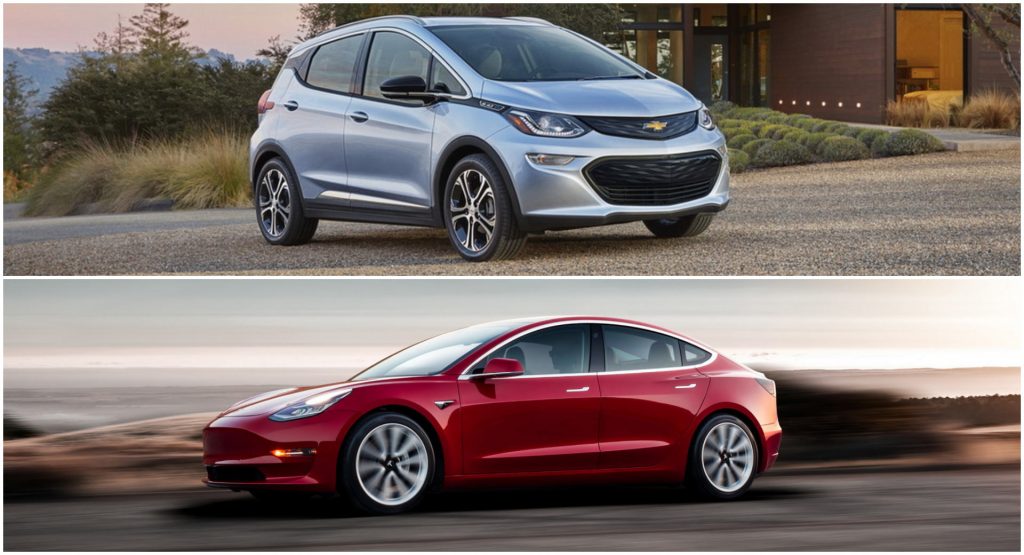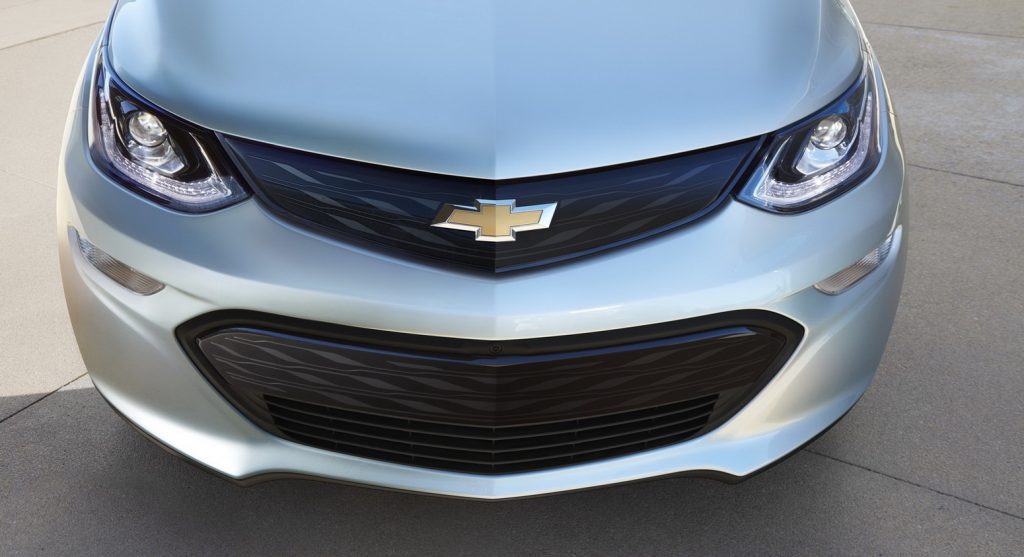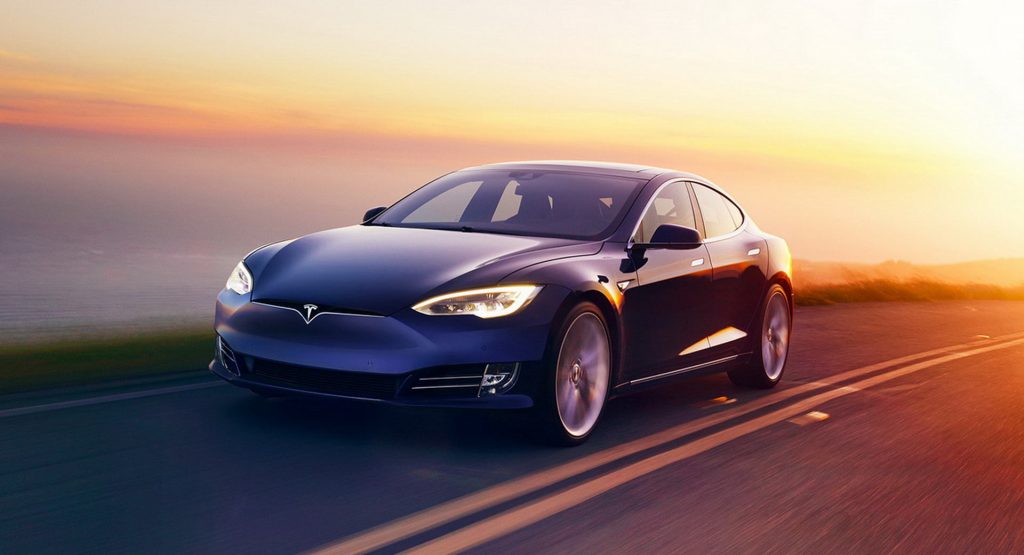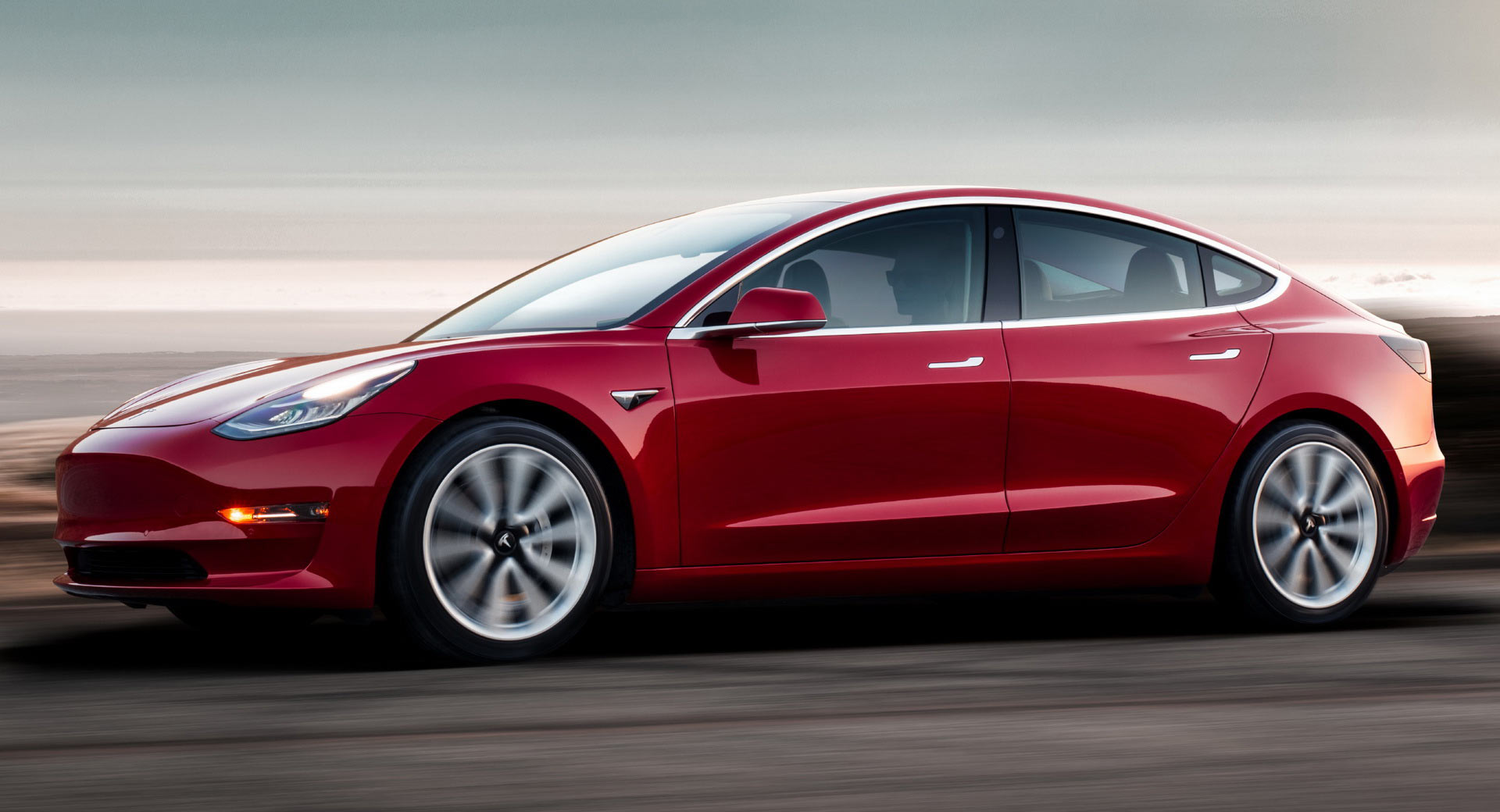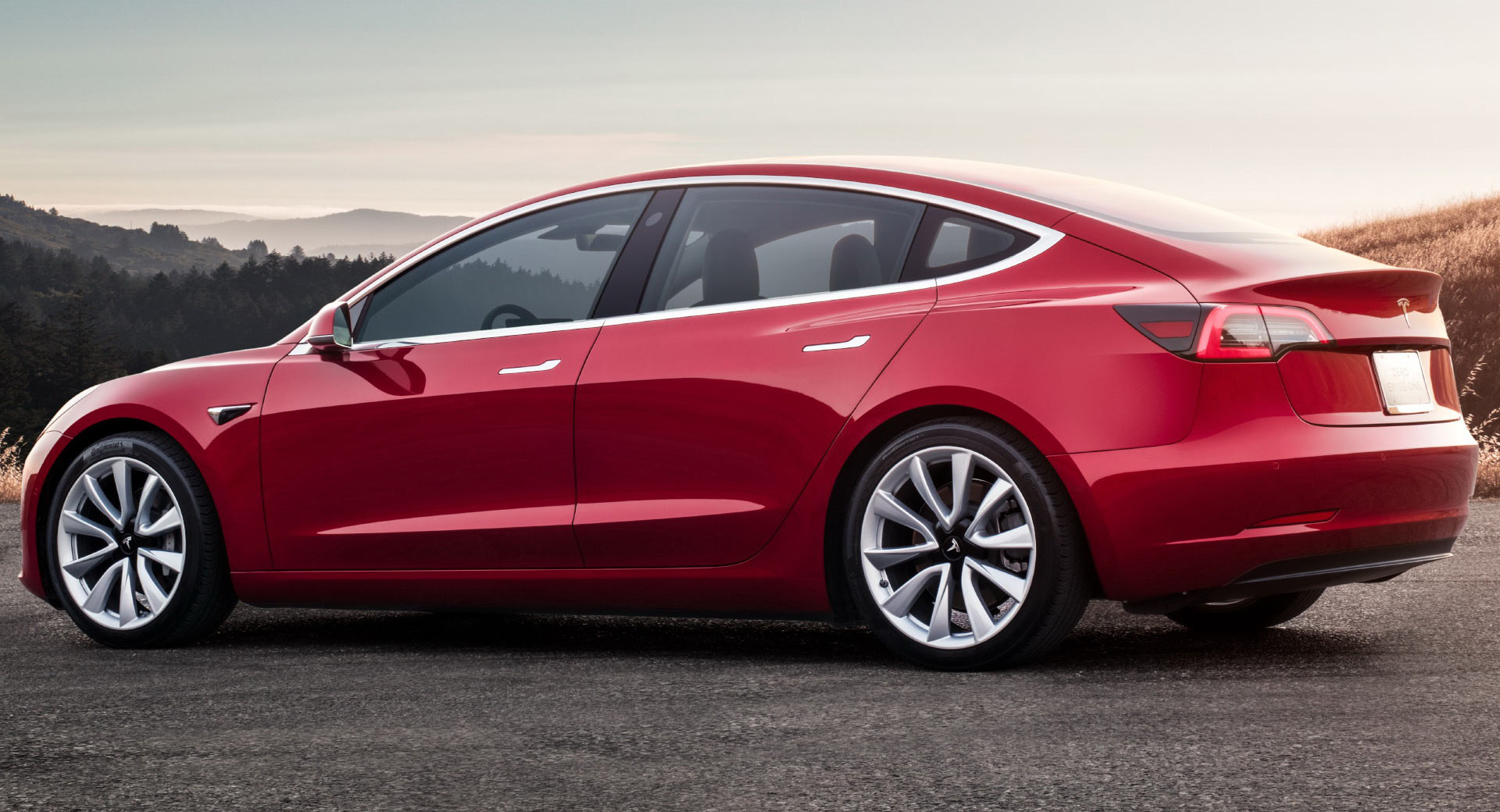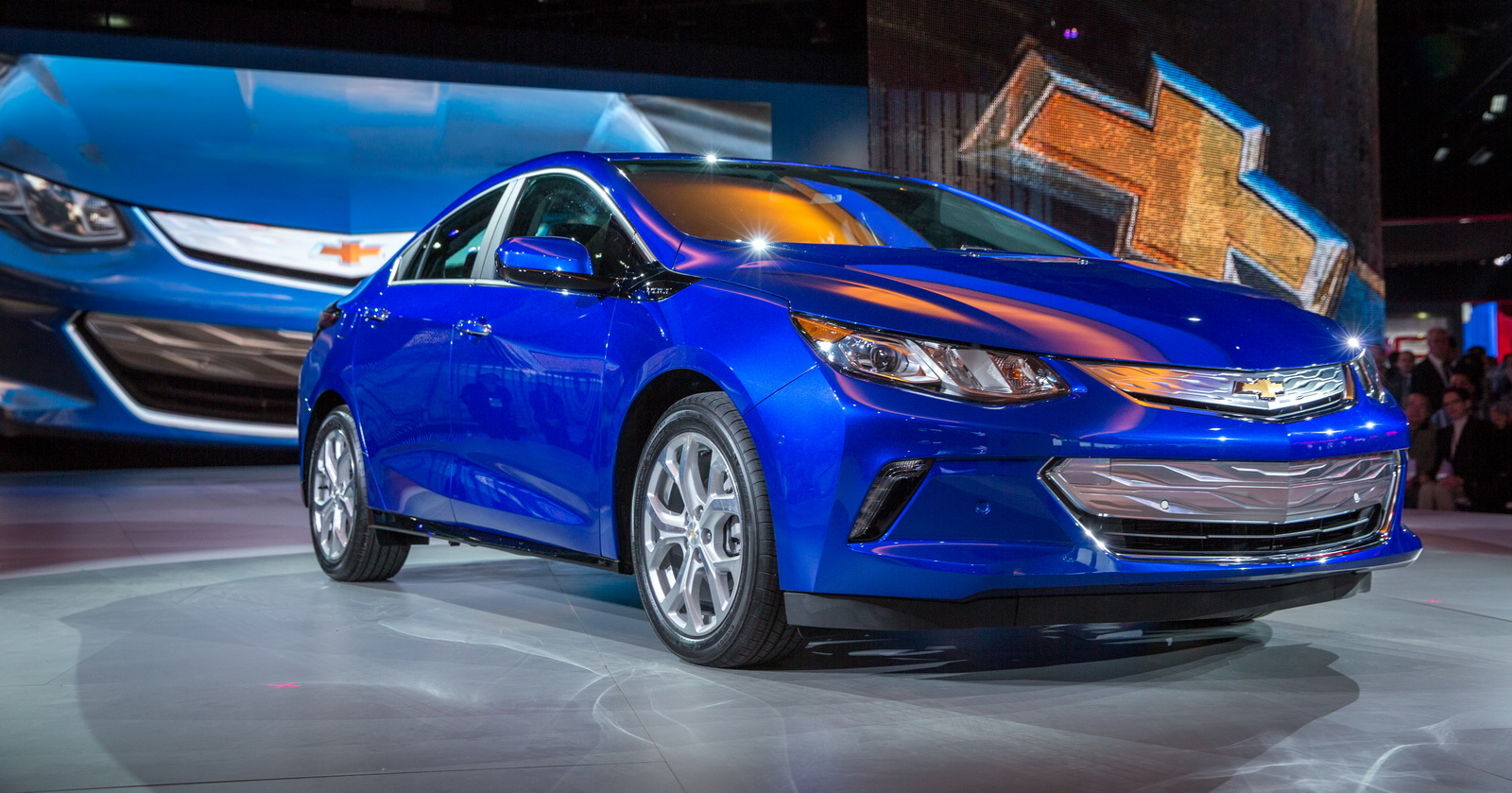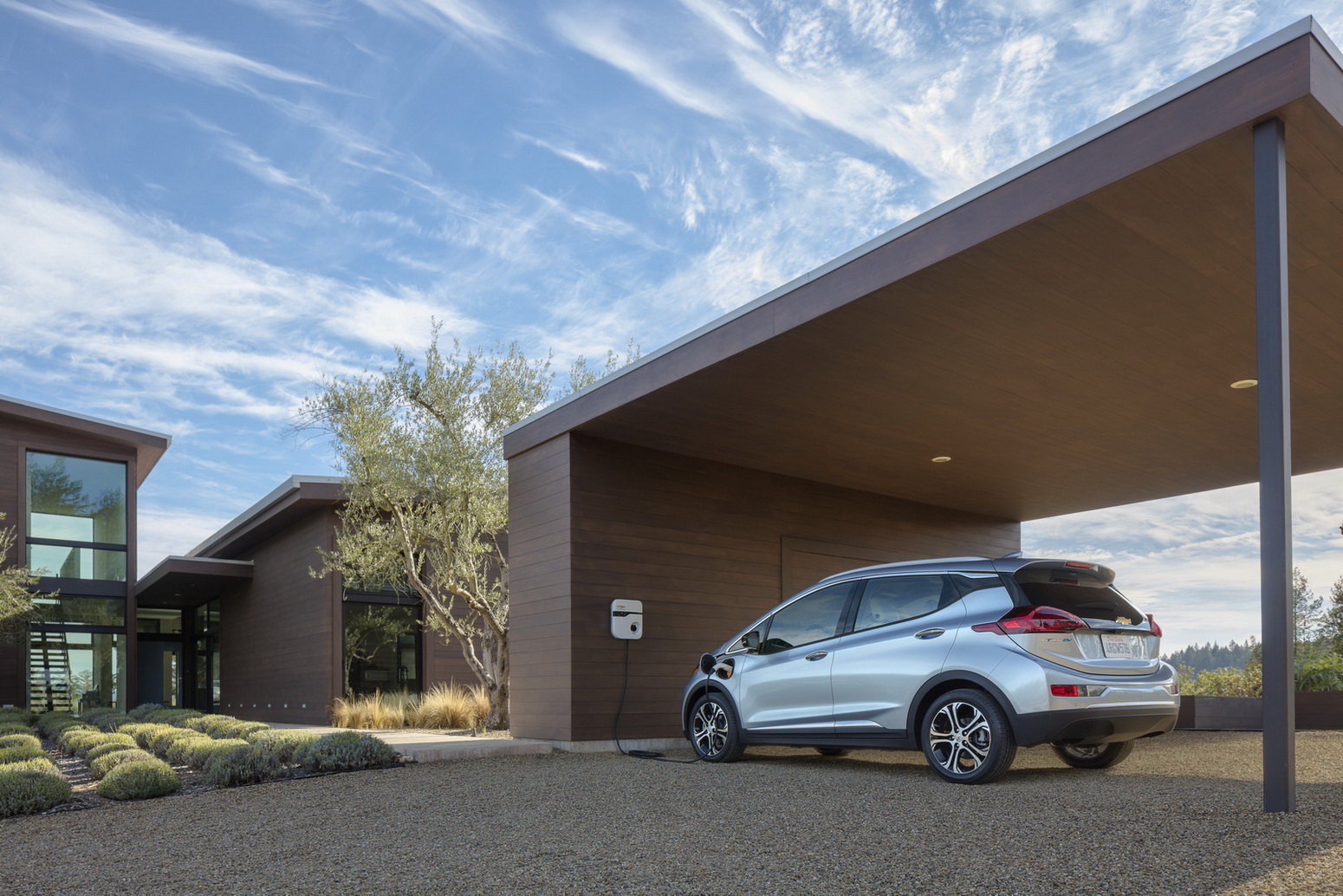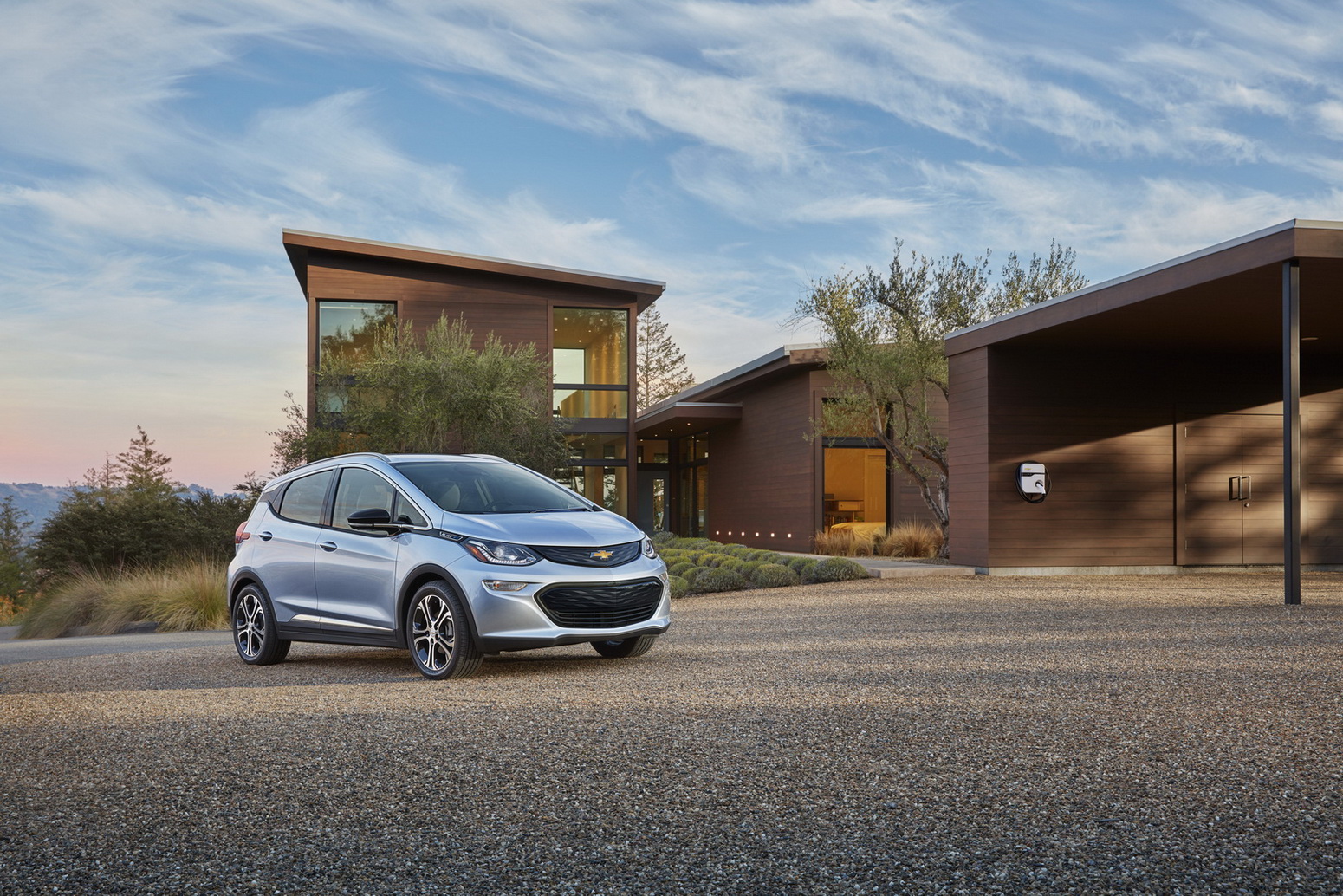Tesla and General Motors are the leaders of the plug-in vehicle sales in the US market but that also means that the end for the federal tax credit these models enjoy is approaching fast.
Automotive News reports that the 200,000-unit sales mark, which will trigger the phase out of the incentives, will arrive as early as this July for Tesla while GM will follow by early 2019.
Nissan and Ford are the next closest to hitting 200,000 units but are still forecast to be years away from hitting the trigger. The federal tax credit is worth up to $7,500 toward the lease or purchase of a new plug-in hybrid or electric vehicle. The publication estimates that as of March 31, Tesla has sold 193,344 cars while GM has sold 181,062 cars.
Barring an extension to the credits by the Congress, the plug-in hybrid and EV market will enter a new era in which some car makers will found themselves playing in an uneven field, hindered by a considerable price disadvantage.
The end of the federal tax credits was expected to come years earlier for large car companies such as GM, but the adoption of the plug-in hybrid and electric vehicles was slower than estimated a decade ago, when the program was created.
Tesla and GM have accounted for 44 percent of the 853,500 plug-in hybrid and electric vehicles sold in the US since the tax credits took effect in Jan 1, 2010. The two companies are expected to feel the end of the program differently, with industry experts expecting GM to take a bigger hit than Tesla.
The incentives affect purchasing decisions for lower-priced models, such as the Chevrolet Volt, more than a $75k Tesla Model S or X, according to a research by the Institute of Transportation Studies at the University of California-Davis.
“We expect that GM will have much more impact or drop in sales,” said Gil Tal, director of the Plug-in Hybrid and Electric Vehicle Research Center at UC-Davis. “The larger the share of the incentive, the higher the impact.”
According to a study co-written by Tal, 29 percent of plug-in sales in 2010 through 2014 can be attributed to the federal tax credit. Within that percentage, 40 percent of Volt buyers would not have purchased one without the credit. The same study found that only 14 percent of Tesla buyers would have bought something else instead.




